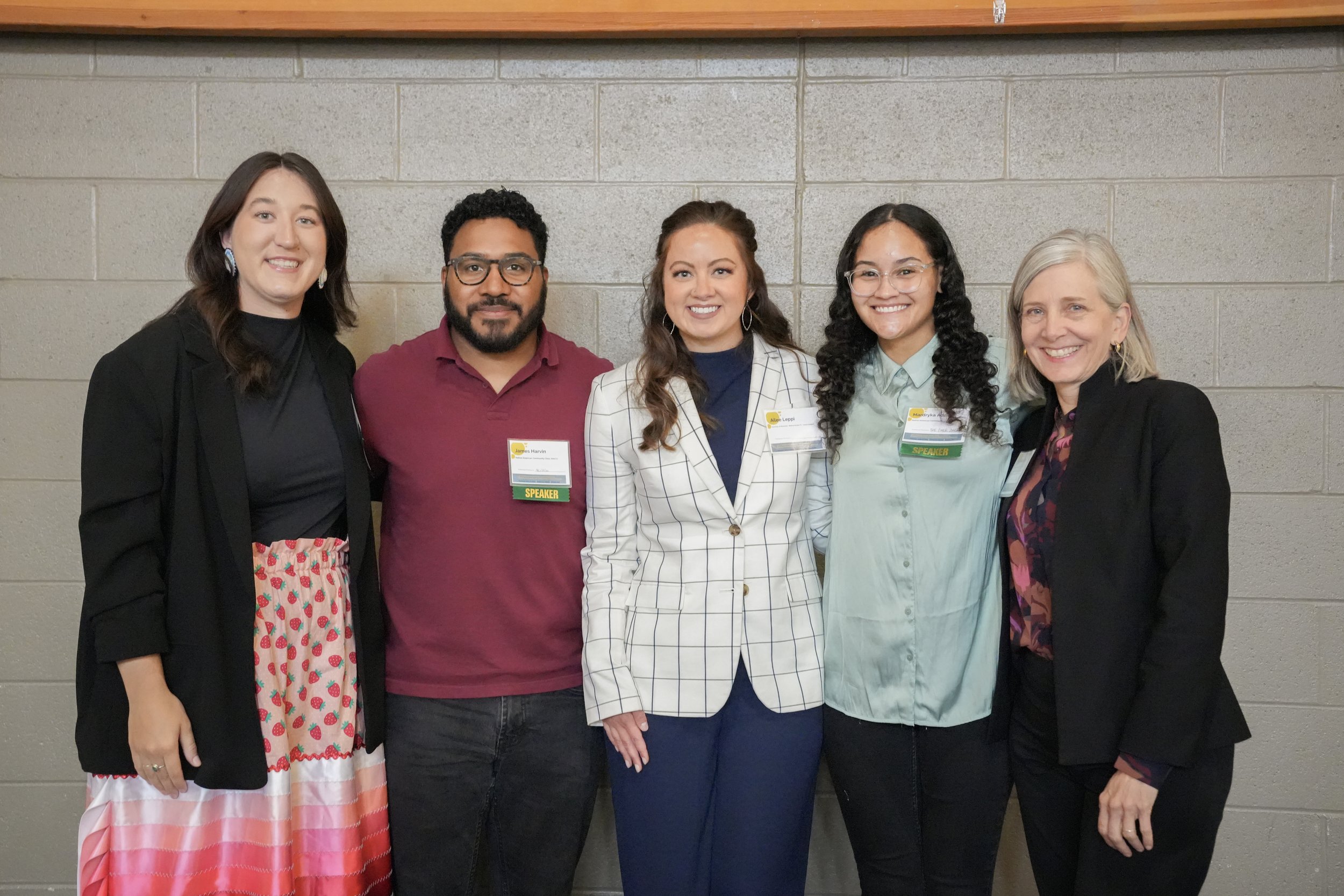PROJECT BRAID LAUNCHES AT THE BOYS & GIRLS CLUB OF THE MINNEAPOLIS AMERICAN INDIAN CENTER
We’re thrilled to share that Project BRAID will be launching an 11-week afterschool program at the Boys & Girls Club of the Minneapolis American Indian Center!
This enriching program will run three days a week and is designed to empower youth through traditional Indigenous practices and physical activity.
One day focuses on (re)connecting youth to healthy, traditional Indigenous lifeways and nutritional knowledge.
The remaining two days center around physical activity where students learn The Creator’s Game (lacrosse). Participants will learn about the cultural significance of the game while reaping its physical and mental health benefits.
Project BRAID will continue a partnership with the North American Traditional Indigenous Food Systems (NATIFS) to
supply food kits provided at monthly, conjoined family events with the Minneapolis American Indian Center.
These events create space for families to make connections with each other, learn what their student is
doing and engage with programming staff and community partners. We can't wait to see the positive impact this program will have on our youth and their families! Stay tuned!
-
C2DREAM’s R01 Project 3, Project BRAID officially launched back in October 2023. Building Relationships Around Indigenous enDurance, is a community-driven implementation study led by Antony Stately PhD, Katie Johnston-Goodstar MSW, PhD, and Michele Allen MD, MS.
At its core, this project uses proven effective implementation strategies to successfully engage urban American Indian families in a culturally focused, evidenced-and-strengths based after school program to promote youth physical activity and healthy eating. Through sustained program engagement that connects participating American Indian youth and families to traditional Indigenous foods and cultural lifeways, Project BRAID promotes healthy eating and physical activity behaviors that will reduce future diabetes, obesity, and cardiometabolic/cardiovascular disease risk in this highly impacted community.





